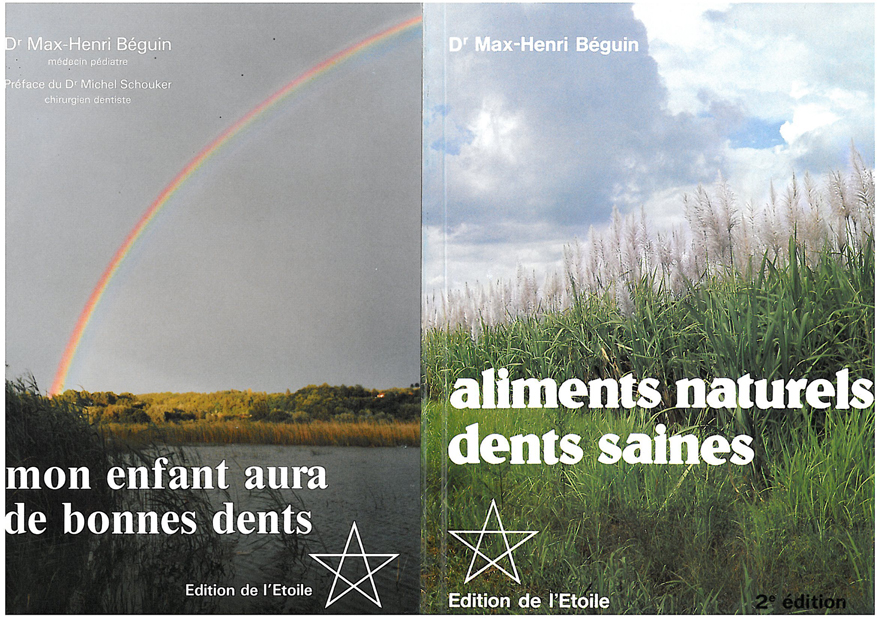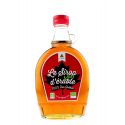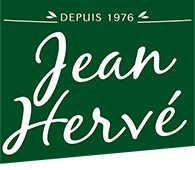Categories
- CHOCOLAT
-
CULINARY AIDS
- ORGANIC GRATED COCONUT
- ORGANIC CRUSHED PISTACHIOS DEMETER
- ORGANIC WHITE GROUND ALMOND
- ORGANIC COCOA POWDER
- ORGANIC CAROB POWDER
- ORGANIC HAZELNUT POWDER
- ORGANIC PRALINE
- ORGANIC SULTANA RAISINS
- FLEUR DE SEL SALT
- ORGANIC ICING SUGAR DEMETER
- PRALINE HAZELNUT BIO
- ORGANIC PISTACHIO PASTE
- ORGANIC TONKA BEANS
- ORGANIC PALM OIL
- POWDERED BEVERAGES
- DRIED FRUITS AND NUTS
- GOMA-SIO
-
APERITIF MIX
- ORGANIC ALMONDS WITH SHOYU SAUCE
- ORGANIC PEANUTS WITH SHOYU SOY SAUCE
- ORGANIC CASHEW NUTS WITH SHOYU SOY SAUCE
- ORGANIC SALTY APERITIF MIX
- ORGANIC SALT FREE APERITIF MIX
- APERITIF MIX WITH SHOYU SOY SAUCE AND CURCUMA
- APERITIF MIX WITH SHOYU SOY SAUCE AND CURRY
- APERITIF MIX WITH SHOYU SOY SAUCE AND HERBS DE PROVENCE
- LA PEROSANSEL WITH CHILI
- LA PEROSANSEL WITH GINGER
- APERITIF SPREADS
- MARZIPAN
- SPREADS
- LACTO FERMENTED PRODUCTS
- SWEETENER PRODUCTS
-
ORGANIC NUT BUTTERS
- ORGANIC WHITE ALMOND PUREE
- ORGANIC WHOLE ALMOND PUREE
- ORGANIC PEANUTS PUREE
- ORGANIC HAZELNUT PUREE
- ORGANIC CASHEW NUTS PUREE
- ORGANIC PISTACHIO PUREE DEMETER
- ORGANIC 50% WHOLE SESAME PUREE
- ORGANIC WHITE SESAME PUREE
- ORGANIC BLACK SESAME PUREE
- ORGANIC SUNFLOWER SEEDS BUTTER
- ORGANIC PECAN NUT BUTTER
- ORGANIC PUMPKIN SEEDS AND HAZELNUT BUTTER
- ORGANIC WALNUT PUREE
- SWEET, CANDIED PUREES
- BOOKS
- PRODUCTS WITH EXPIRED BBD
Raw materials
ALMONDS, HAZELNUTS AND PISTACHIOS
For over 25 years, we have bought our almonds and hazelnuts in Sicily, although it has happened that we had to buy the almonds in Spain the years when it was difficult to have some.
Regarding the hazelnuts, we remain on the origin Sicily because we want to focus as possible on European products, but also because the fruits of this island are particularly tasty.
Regarding the almonds, it is hard to find the necessary volumes for our activity, that's why to ensure security on our supply we have different suppliers and different origins.
Pistachios are coming from Spain.
We only buy whole and healthy fruits, we don't do our butters with fragments.
CASHEW NUTS
We buy the cashew nuts whole, like the other fruits.
The peeling process is still very "simple". The cashew nuts with their shells are put twice in a boiling bath in order to soften the shell, then broken thanks to wooden mallets. Afterwards, the shell is removed manually with a knife. And the last step, the nuts are calibrated.
PEANUTS
We only buy whole peanuts without skin, to minimize the risk of aflatoxins, which grow mainly in the skin. We go through a wholesaler for our annual quantities because they are not large enough, but also to benefit from its know-how especially in terms of verification (control and test) and to secure our channels.
RAW CANE SUGAR
This is the same product as Sucanat that we used and sold before (trademark), only the name is different.
We buy raw cane sugar from Costa Rica.
Raw cane sugar is dehydrated sugar cane juice. It is particularly rich in vitamins and trace elements. It was also the subject of many studies by a Swiss physician, Dr. BEGUIN about the effects of whole sugar compared to white sugar on children's teeth.
TO READ: 
PALM OIL
Like all organic palm oil , the one that we buy is non-hydrogenated, and does not come from Indonesia, where intensive cultivation is used to produce conventional palm oil.
We buy palm oil from Colombia ; farming is done in a traditional way with respect for the environment and human beings.
Here attached the certificate of non deforestation .
Selected Articles: Echobio and Consomm'action (among others many articles are written to denounce the amalgam between organic palm oil and conventional palm oil).
SALT
The salt is from Portugal, the region of the Algarve, harvested by Mr RUI SIMEAO .
This salt has the particularity to be naturally white as free from impurities and pollution.
Harvested on the Atlantic coasts, in a protected area, this salt has the label " Nature and Progres", which is the guarantee of a nature job-friendly .
AGAVE SYRUP
Agave syrup has been "launched" by the book of Mr SERVAN-Schreiber, who speaks of it as a anti-cancer food, but is mainly a sweetener with a delicate taste, which is used as standard sugar or as honey.
Agave syrup has a low glycemic index, between 15 and 25 according to the sources, which prevents blood sugar spikes.
Since 2014, we buy the agave syrup in Mexico from a wholesaler (before we were buying directly). The producer put in place a system of traceability, with systematic reviews of each lot leaving their factory, in response to the controversy syrups 'tampered" with addition of glucose syrup to lower the cost; and the wholesaler has as well a strict control process; one of their agent takes a sample on the containers ready to leave the port. For our part, we analyse each container that we receive.
We have regular deliveries of containers to prevent shortage.
SESAME
We have two origins of sesame, one part is coming from Paraguay and the other part is from Ethiopia. Our volumes become too important to have only one origin. We buy our sesame from a wholesaler, who has a strict control process (quality, micro-bio, contamination, working conditions...)
BROWN CANE SUGAR
We sell brown sugar, although we remain convinced that the juice of whole sugar cane is healthier as non demineralising.
For baking and some recipes, the raw cane sugar is inappropriate because it's too aromatic.
We choose brown cane sugar from Paraguay and Fairtrade certified Demeter.
You will not find a logo certifying for fair trade because we have chosen not to "enter" in the system logos, and other costs, audit ... we buy the raw materials that are fair trade and therefore more expensive (hoping that this share will go back to the producers).
Specials
-

-
-10%
ORGANIC MAPLE SYRUP FROM CANADA
8,90 € 8,01 €


